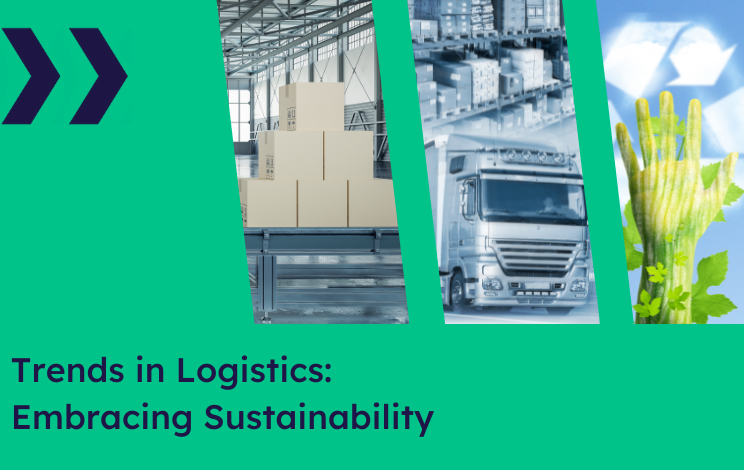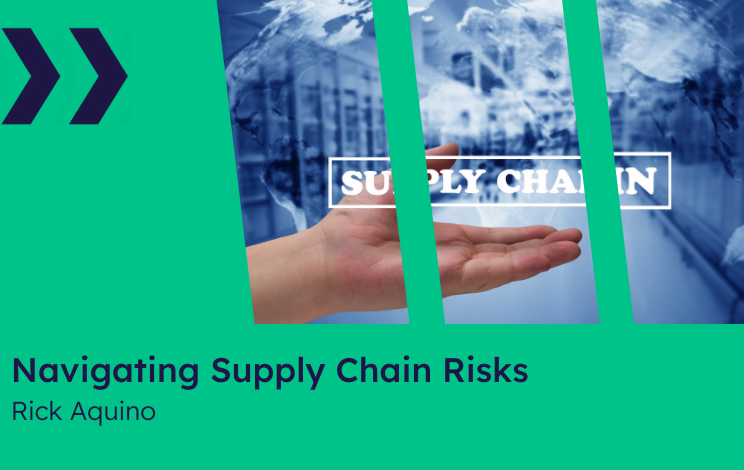Recapping the Sparks: Sean Laidacker’s Fireside Chat with Freightwaves at the Future of Freight Festival
We hope you’re still buzzing with excitement from the insightful Fireside Chat that unfolded between Sean Laidacker and the brilliant minds at Freightwaves during this year’s Future of Freight Festival. It was an event that went beyond the ordinary, offering invaluable insights that have likely reshaped the way you perceive and navigate the future of freight.
1. Loyalty that Speaks Volumes: A 94% Employee Retention Success Story
During the chat, Sean Laidacker took us on a journey into the heart of effective leadership, revealing the secrets behind his remarkable 94% employee retention rate. In a world where retaining top talent is a constant challenge, Sean shared wisdom that goes beyond the boardroom, providing lessons that can elevate any organization. It’s not just about recruitment; it’s about building a workplace culture that inspires loyalty and dedication.
2. Leading from the Front: The Importance of Being on the First Line
Laidacker emphasized the essential role of leadership in the freight industry, highlighting that true leaders are those who lead from the front. His stories of being in the trenches, rolling up sleeves, and facing challenges head-on resonated with the audience. The chat served as a reminder that effective leadership is not just about making decisions but also about being actively involved in the daily grind of operations.
3. The Human Touch in Freight: Navigating the Industry with Heart
In an industry increasingly defined by technology, Sean Laidacker and Freightwaves explored the importance of the human touch. The chat shed light on the significance of building genuine connections with team members and clients alike. The takeaway was clear: in a world of automation and algorithms, it’s the human relationships that make the difference.
Watch the event recording, where you can catch all the insightful moments and revelations from this captivating discussion.
We hope the Fireside Chat has left you inspired and equipped with new perspectives as you continue to navigate the ever-evolving landscape of the freight industry.
Until next time.





